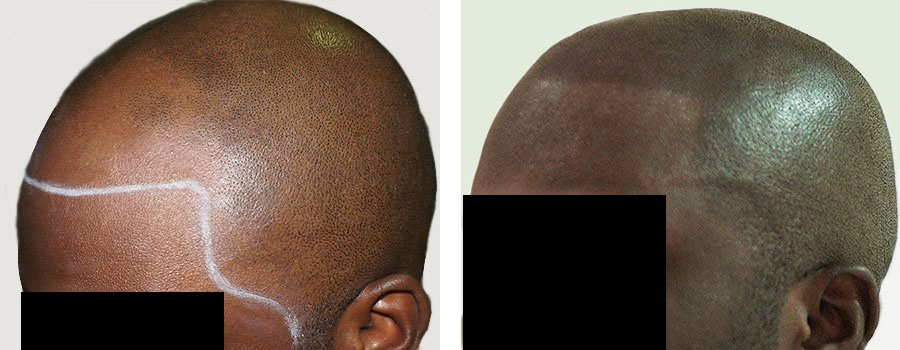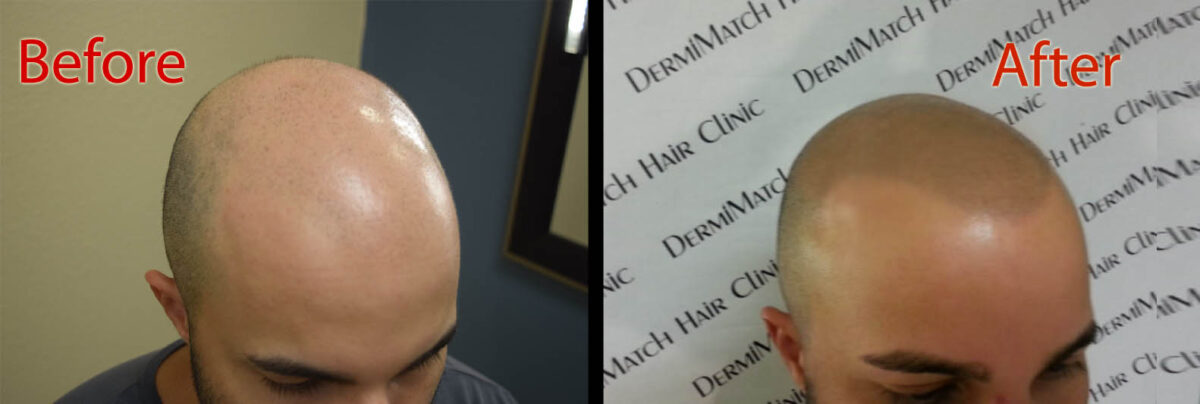Menopause is a significant life stage for women, often accompanied by a myriad of physical and emotional changes. One of the less discussed changes to a woman’s health comes in the form of alteration in hair health. Therefore, menopause hair loss in women is real.
As women transition through perimenopause and into menopause, they experience a decline in hormone levels, particularly estrogen and progesterone, which are crucial to hair growth and maintenance.
Hormonal Changes and Menopause Hair Loss in Women
During menopause, the body undergoes hormonal fluctuations that can lead to various symptoms, including hair thinning and loss.
Estrogen is essential for stimulating hair growth and prolonging the hair growth phase (anagen). When estrogen levels drop, hair growth slows down, leading to thinner hair strands and a reduction in overall hair density.
This hormonal imbalance can also trigger an increase in androgen, which is male hormones that can shrink follicles. It often results in hair loss on the scalp while potentially causing unwanted facial hair growth.
Research indicates that many women experience diffuse thinning or widening of their part during menopause. The impact of these hormonal changes can vary widely among individuals; while some may notice significant thinning, others may not experience noticeable changes at all.
Factors, such as genetics, stress levels, diet, and overall health, can influence how menopause affects an individual’s hair.
In addition to hormonal shifts, menopause mirrors the aging process, which also affects hair health. Aging leads to decreased blood flow to hair follicles, limiting the availability of vital nutrients necessary for healthy hair growth.
The combination of reduced hormone levels and diminished blood supply can make hair more susceptible to damage from environmental factors like UV exposure and oxidative stress.
Managing Menopause-Related Hair Changes
While menopause-related hair changes can be distressing, there are several strategies women can adopt to manage these effects.
Nutritional support plays a critical role; ensuring adequate intake of vitamins and minerals—such as biotin, zinc, and omega-3 fatty acids—can promote healthier hair.
Additionally, topical treatments containing minoxidil have shown efficacy in stimulating hair growth and are often recommended for women experiencing thinning.
Scalp Micropigmentation as a Solution
For those seeking immediate cosmetic solutions to address visible thinning or bald patches resulting from menopause-related hair loss, scalp micropigmentation offers an innovative approach.
SMP is a non-invasive procedure that involves using tiny needles to create tiny dots on the scalp that look like hair follicles.
This creates the illusion of fuller hair and can boost self-esteem for women dealing with the emotional impact of hair loss.
Scalp micropigmentation is appealing as it requires minimal maintenance compared to other treatments. It can be tailored to match an individual’s natural hair color and style, especially if the scalp practitioner is an expert.
By offering a cosmetic solution that addresses both aesthetic concerns and emotional well-being, SMP stands out as an effective option for women navigating this challenging phase of life.
While hormonal fluctuations can lead to thinning and loss of density, scalp micropigmentation can empower women to reclaim their confidence during this transformative period. Get help from Arizona scalp experts.
Arizona SMP practitioners at DermiMatch are skilled and experts in scalp micropigmentation. Schedule a consultation now.


